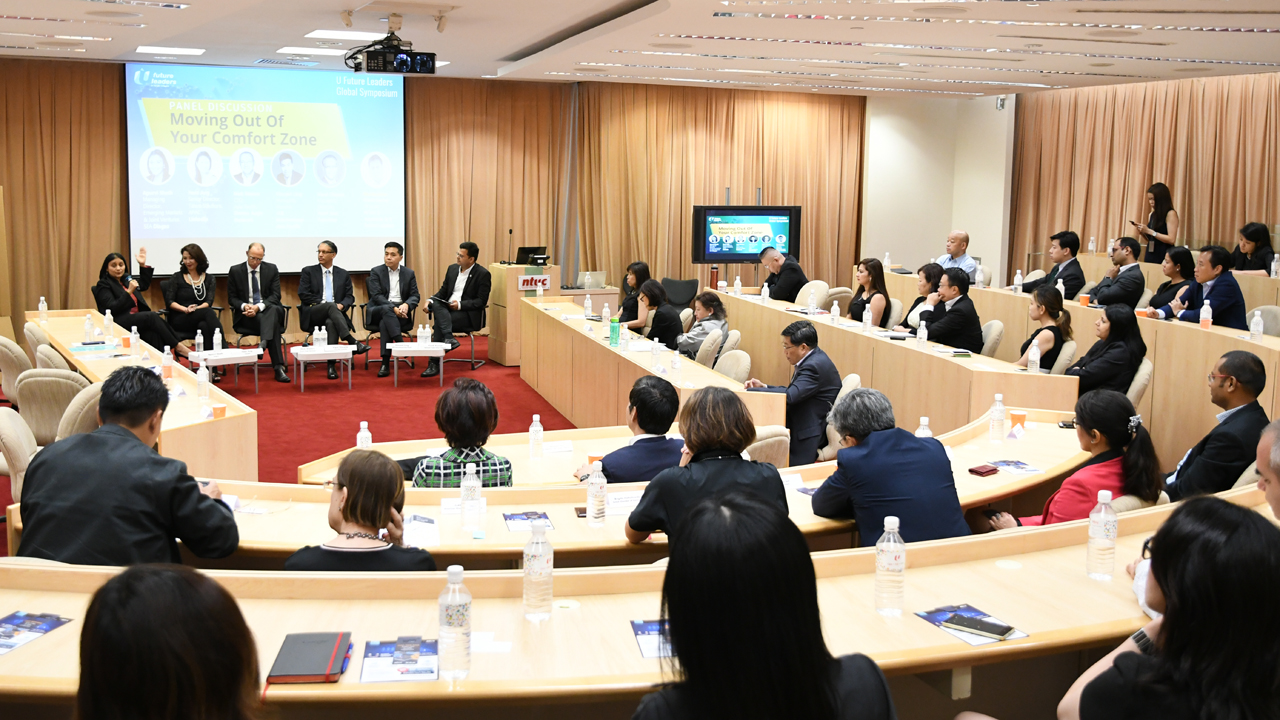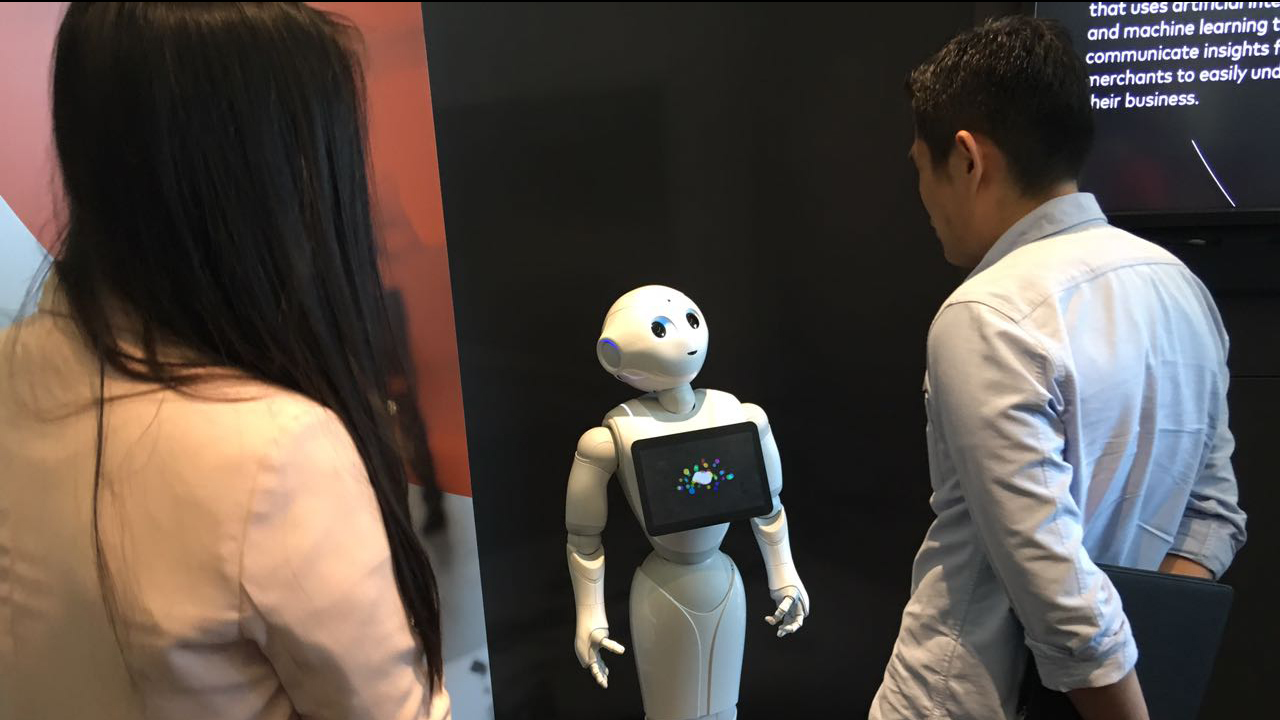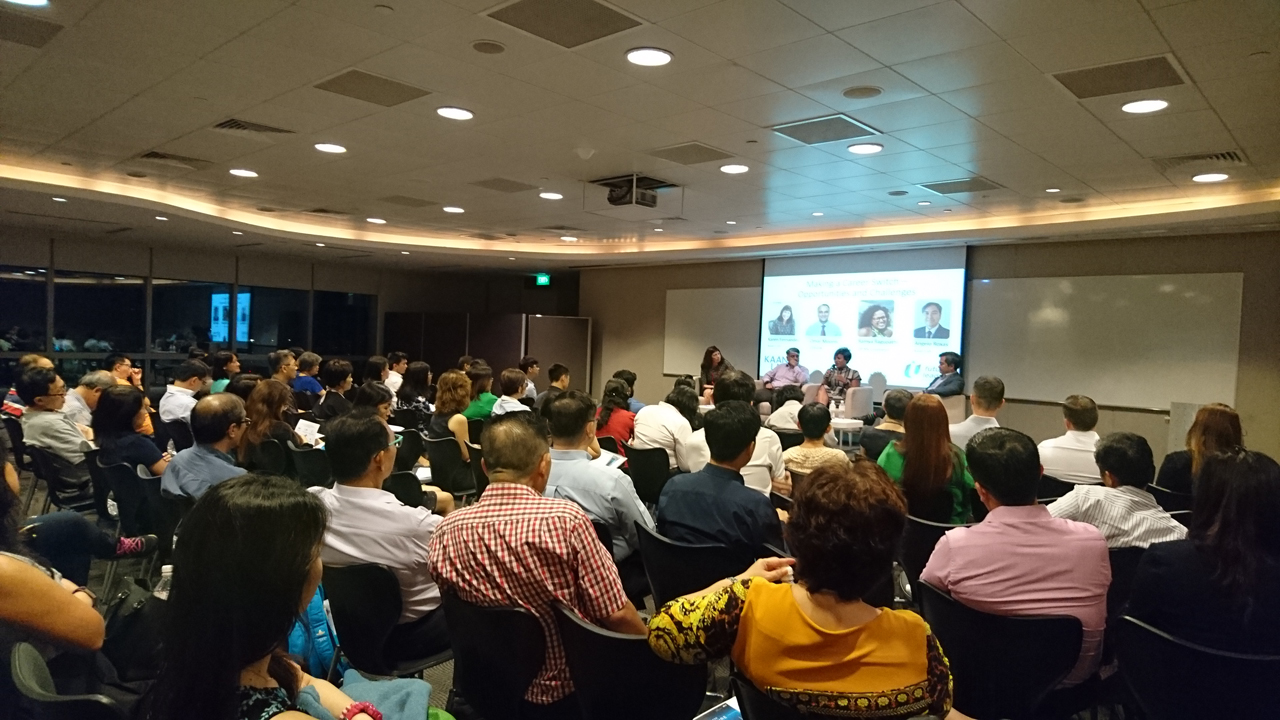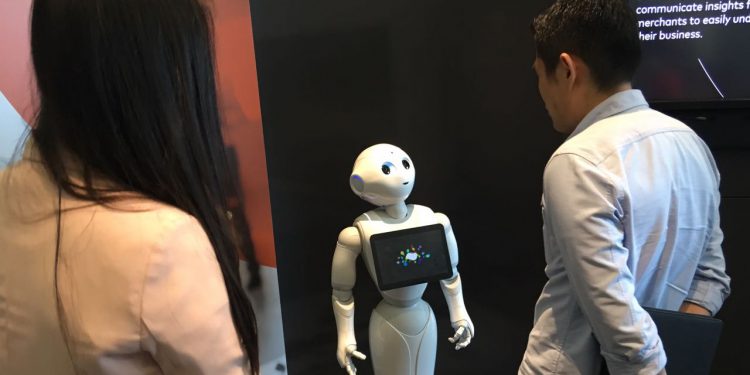Is it just me or do you also feel that the story of digital advancement has become one of replacing working people?
From ancient times, man has known only two responses to danger – fight or flight. Hence, that’s how many of us are responding to technological advancements at our workplaces today. Either we resist or we give up.
Recently, our Labour Movement did two things to find out what must be done to change this fight or flight mindset in our working people to help them overcome such disruptions.

First, we brought together 20 CEOs, presidents and managing directors from Fortune 500 multinational corporations (MNCs) across diverse sectors, NTUC Secretary-General and Minister in Prime Minister’s Office Chan Chun Sing and fellow Labour Movement leaders for a candid discussion. Second, we worked with LinkedIn, one of Labour Movement’s U Circle of Friends (U Circle), to deep-dive into data from over a million LinkedIn subscribers in Singapore and extract unique insights, culminating in a Talent Blueprint 2017 report.
Stemming from our discussion and the report, here are some insights we can ponder on:
- Digital disruption is permeating all sectors: If you think you’re safe from disruptions in the wine and spirits industry, think again. In our study, working people in this sector are developing their digital skills as well. The same is true across other sectors, be it internet-based industries, banking and financial services or even consumer goods (See also: How Reebonz is leveraging digital disruption to provide consumers with a seamless shopping experience). Regardless of which sector we are in, we must draw our battle plans to upskill, ride the disruptions and compete for jobs of the future.
- Starting online: Working people in many countries, including Singapore, are enrolling in online courses to pick up specific skills. Interestingly, directors and above are most likely to pick up an online course if they are based in the United States. Are you keeping up with the pace of learning?
- Reaching C-suite level requires wider exposure: Talent Blueprints 2016 highlighted that over 50 per cent of C-suite leaders had international experience and over 60 per cent had cross-functional experience. This has only become more pronounced in 2017 – over 60 per cent of C-suite leaders had acquired international experience and over 70 per cent had cross-functional experience.
The underlying trend is clear – those who will survive and thrive amidst digital disruption are focused on how they can work ‘with’ and not against digital technologies to enhance their capabilities and add value to their organisation or workplace.
In that case, what can you do and how can our Labour Movement help you?
- Be an early adopter: For any country, talents who are early-adopters are the first 10 to 20 per cent that thrive amidst digital disruption and changing business models. The challenge is then to move the next 60 per cent of the talent pool along. Thus, disruption is an opportunity but only for those with a mindset to learn and embrace change. Do you have what it takes to seize such disruptive opportunities?
- Grow existing skillsets and learn new skills: While employers need a way to identify talents who demonstrate the resolve to learn and grow, they also need to invest in these talents to help them convert their skills so they can remain relevant and add value to the organisation in the future. Likewise, you must also have the hunger to learn – take ownership of your learning and be proactive in wanting to expand your existing skillsets and pick up future skills.

- Look beyond your comfort zone: Our Labour Movement has worked with our U Circle and our U Associates – 64 of the largest professional associations in Singapore, to provide opportunities for you to expand your horizons. You now have a chance to visit the closed-door innovation labs of these MNCs through NTUC’s Innovation Exchange, and gain year-long unlimited access to industry-wide future trends workshops by our U Associates and other Labour Movement partners through U Future Leaders Exchange.

To help cultivate a culture of innovation and get their staff familiar with uncertainty of outcomes, DBS ran over 1,000 experiments across the bank to encourage their employees to come up with new ideas and initiatives. Taking a leaf from that, at a recent event organised by one of our U Associates, I also called upon the employers to rethink how they can help transform the skillsets of their employees to get their organisations future-ready. Employers too need to realise that to survive digital disruption, their companies will have to transform digitally, and transform fast.
While the Labour Movement can work with our partners to offer more opportunities for our working people, we shouldn’t leave it to our organisations to look after our jobs for us; we have to also take ownership of our own careers.
Digital disruption is real. It is pervasive and it presents us, the working people, with more unique career opportunities than ever before. Yet, we must be conscious there is no one-size-fits-all method to leverage these opportunities to grow our careers.
Aptly conveyed by SG Chan in his first blogpost, ‘No one owes us a living’; and likewise, no one owes us a job. Let’s start mapping trends in our sectors, let’s start mapping our career options. Better later than never, let’s start taking charge of our own careers and be intentional about seizing opportunities that come our way.
This is a post by NTUC Assistant Director-General and Director of U Associate and U PME Vivek Kumar. Any extracts should be attributed back to the author. 6 July 2017.

